Article not found
This article is no longer available. But don't worry—we've gathered other articles that discuss the same topic.
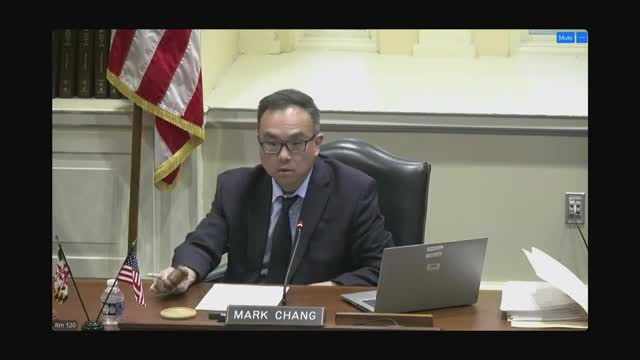
State analysis finds $1.1 billion in unexpended school construction funds; IAC warns of widening funding gaps
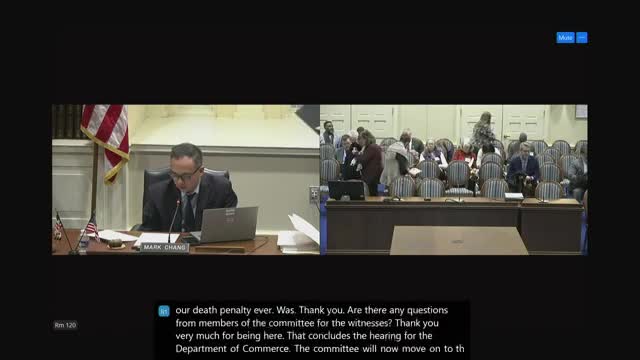
DGS says facility renewal overhaul and new asset platform will improve delivery; fuel tank replacements next in queue
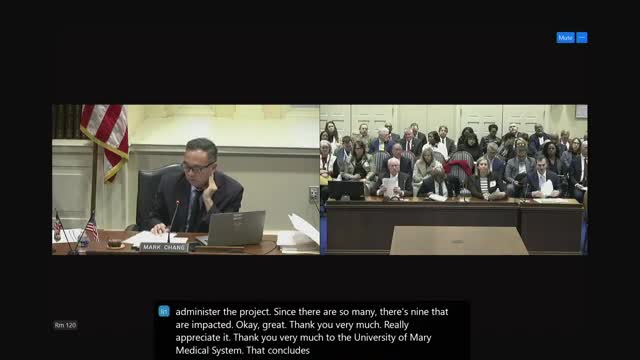
Baltimore City Community College presses for deferred maintenance and land acquisition funding; college requests GO bonds for timely delivery
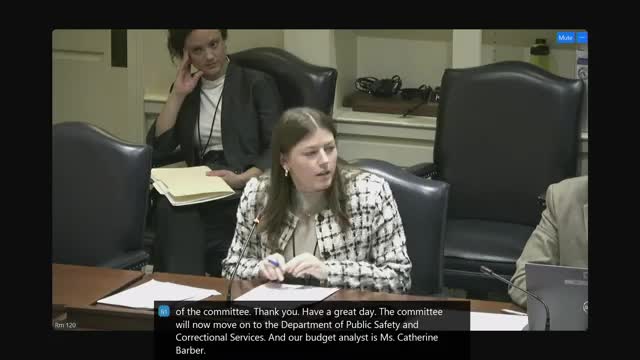
Corrections CIP highlights: $91.9M in FY26 for Baltimore therapeutic treatment center; women's pre‑release center delayed
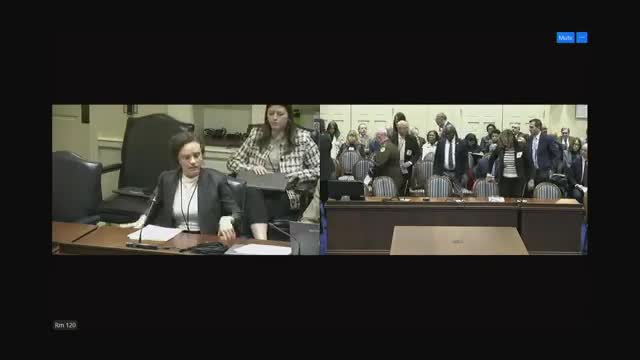
UMMS projects — cancer center, Easton regional facility and Shock Trauma upgrades — proceed amid cost and encumbrance questions

